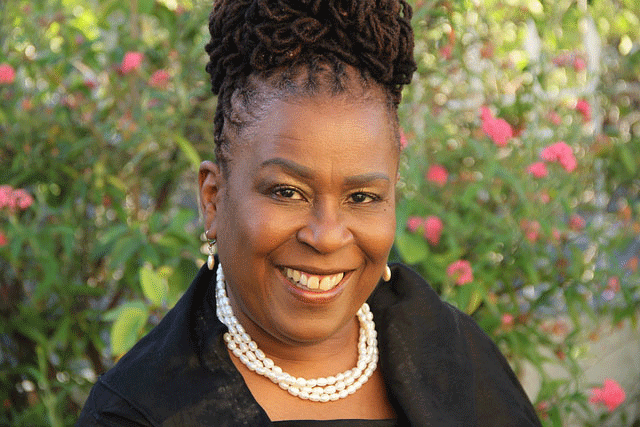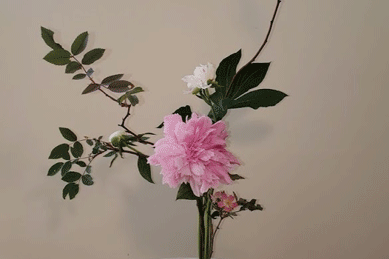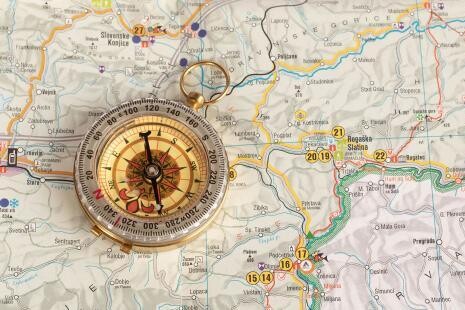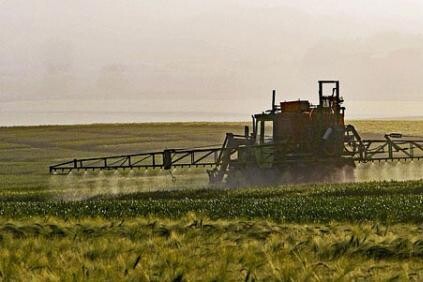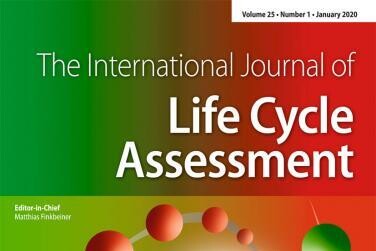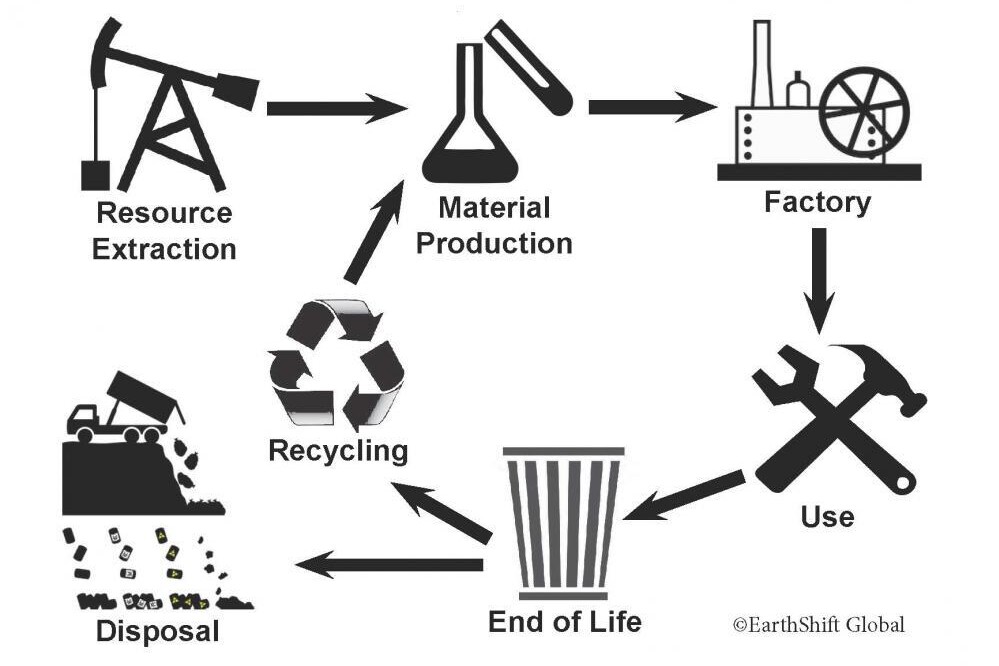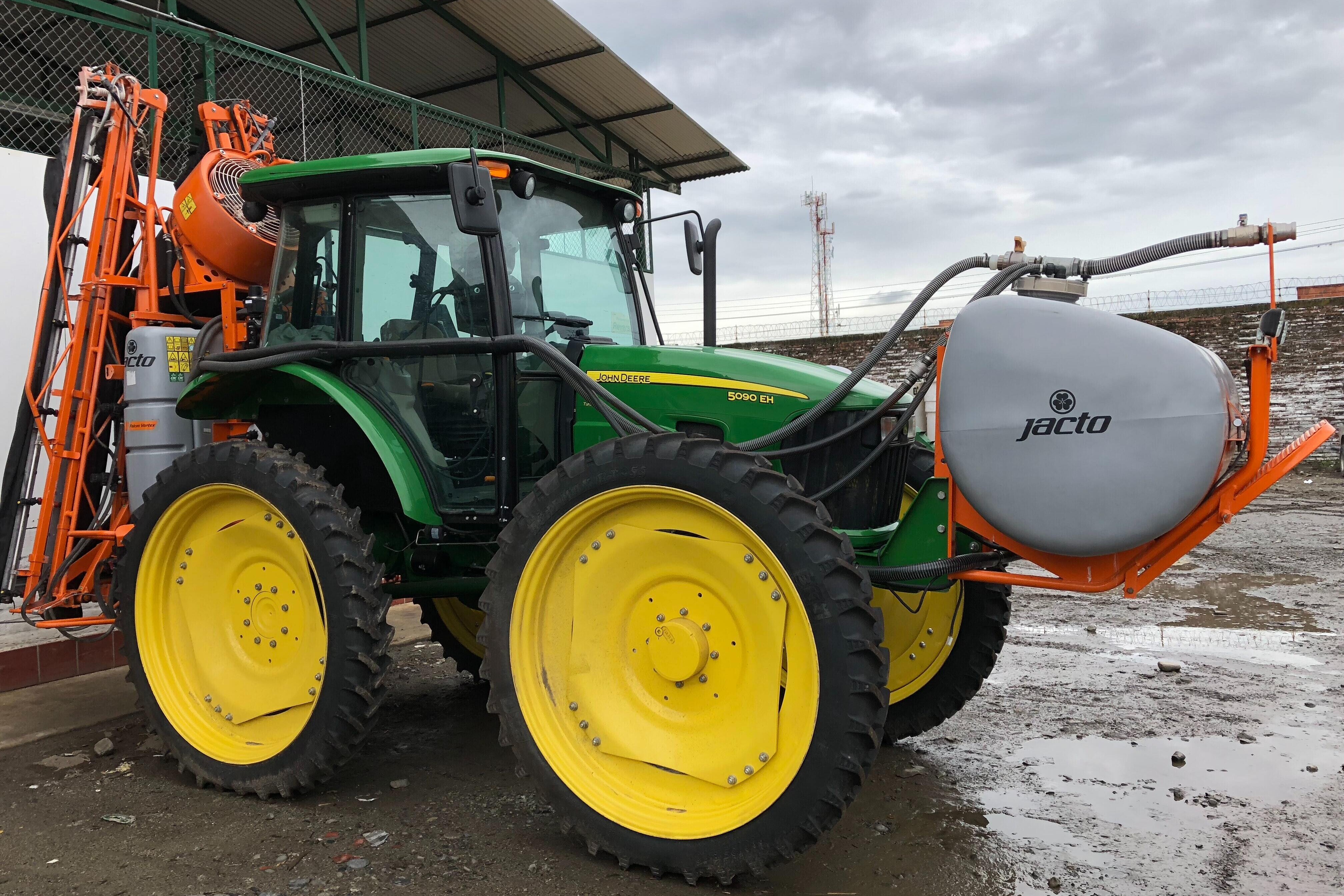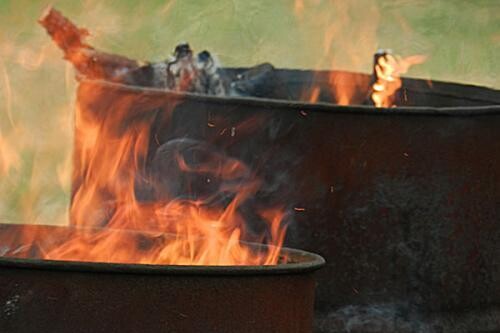Updates
Dr. Claire A. Nelson, the newest member of EarthShift Global’s Technical Advisory Board, spent three decades with the Inter-American Development Bank (IADB), a Washington, DC-based financial institution that lends to 26 member countries in Latin America and the Caribbean.
UpdatesSustainability
Literally translated, ikebana can mean “giving life to flowers.” But it is far more than that.
LCA
The Covid-19 pandemic is giving us all a good lesson in the importance of contributing to one’s community.
UpdatesSustainability
Many of you know that my journey into sustainability started with an environmental illness. Some of you know that, after 15 years of apparently being cured, I am now beset with an autoimmune disease.
LCA
Knowledge is power, and any company pursuing more sustainable business practices needs to know the impact of its products at every stage—from raw materials to reuse, recycling or disposal.
UpdatesSustainabilityLCA
News week magazine has just published its first report on America’s Most Responsible Companies, and we were delighted to see that our longtime client HP is number one!
UpdatesLCASustainability
A hopeful new chapter in Colombia’s history opened in 2016, with the signing of a peace agreement between the Colombian government and the FARC guerrilla group.
LCA
A few months ago, I shared some thoughts on Life Cycle Assessment (LCA) and its relationship to the concept of the circular economy, with a particular focus on LCA’s potential for assessing the environmental impacts of recycling and other end-of-life actions.
